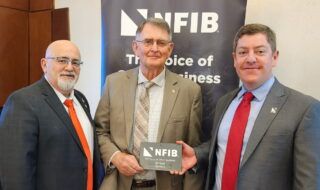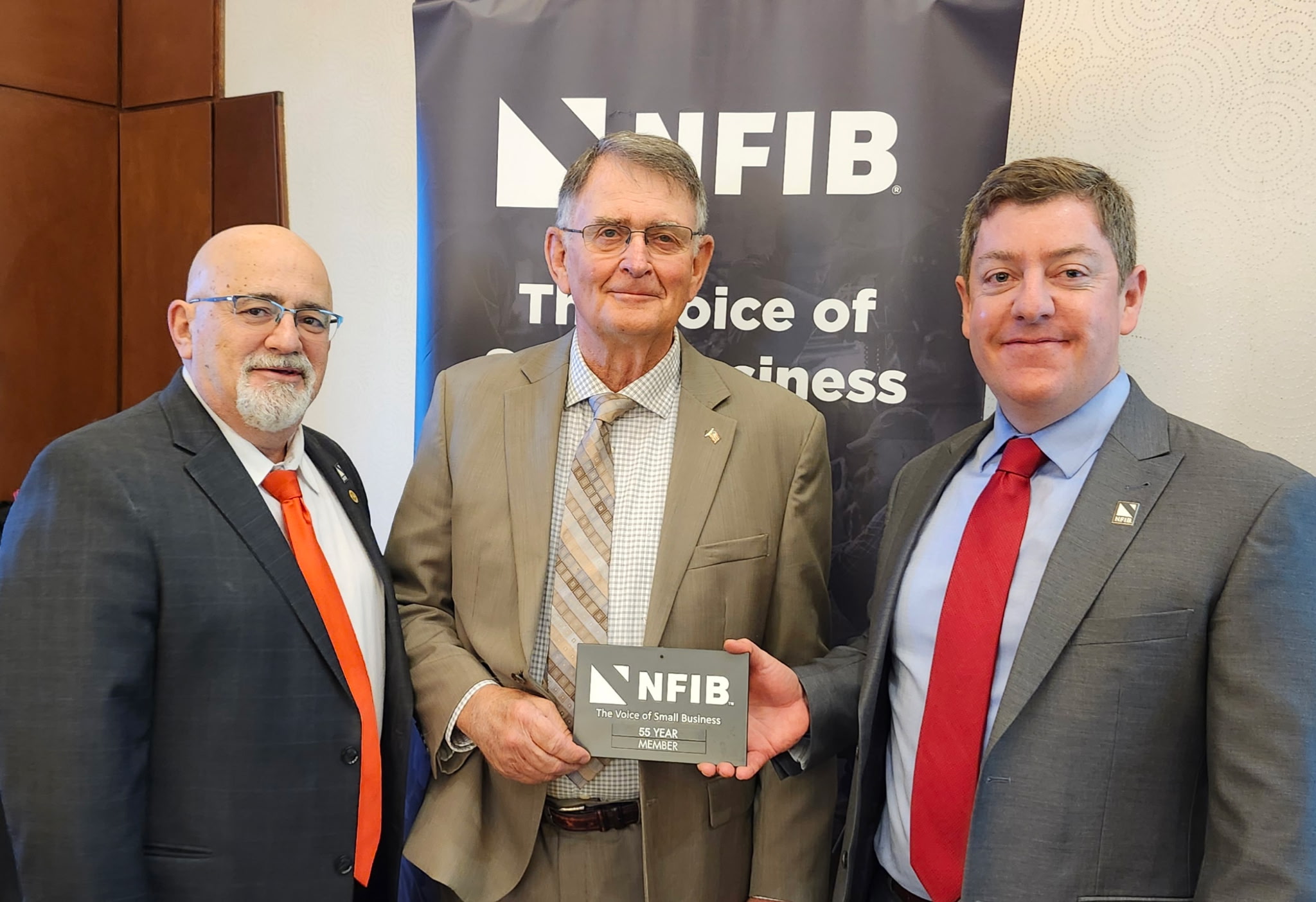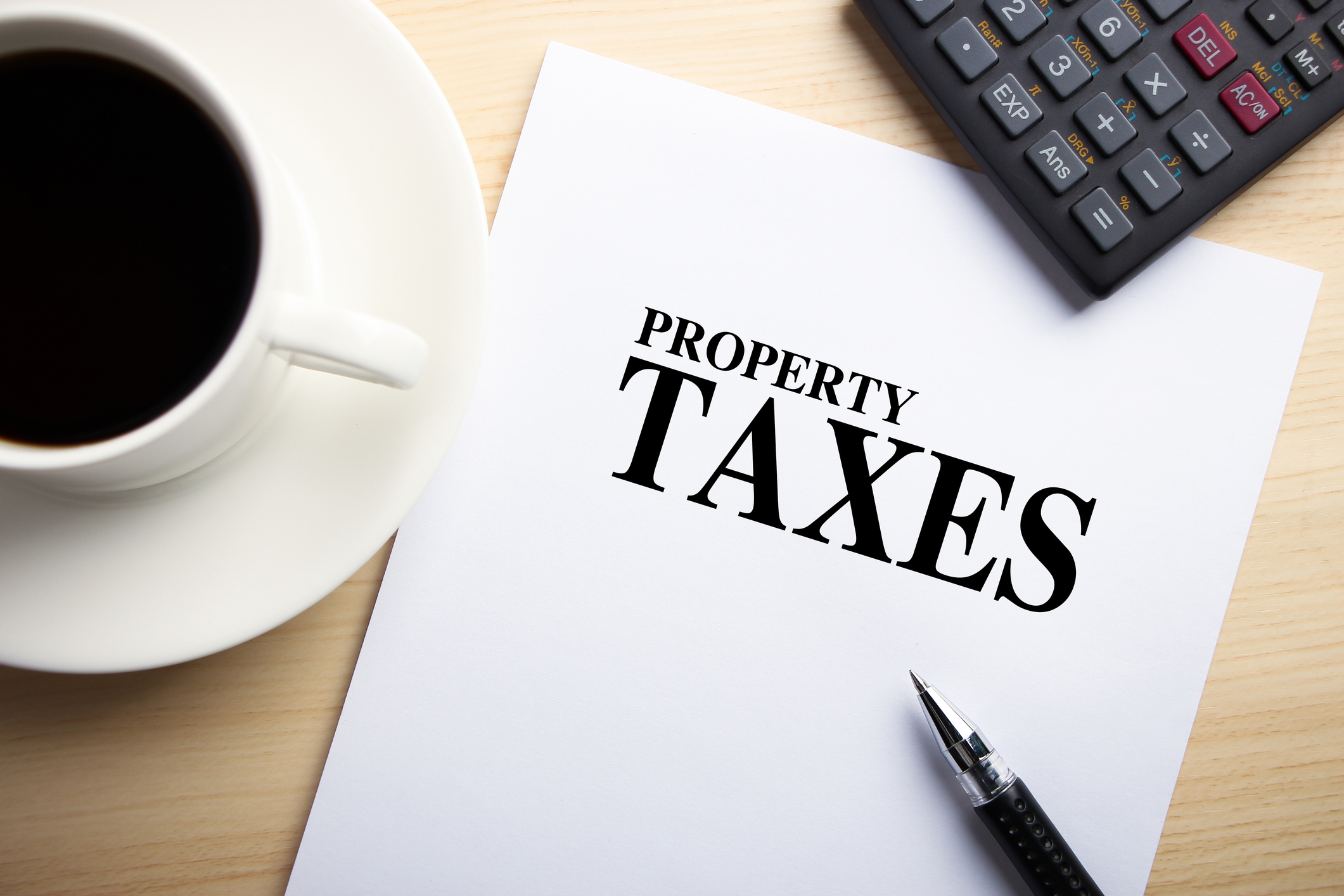February 18, 2022
Ergonomics Bill Passes House After Marathon Debate
State Director Patrick Connor reports from Olympia on the small-business agenda for the legislative week ending February 18.
The big news of Week 6 was House Republicans’ 9½-hour domination of the floor “debate” on HB 1837, the ergonomics bill.
Lawmakers had already logged long hours in the lead up to the Tuesday, February 15, House of Origin cut-off. The House of Representatives in particular spent many hours on the floor, working until 12:30 a.m. Friday morning, then back on the floor from 8 a.m. to 7:30 Friday evening, at it again Saturday morning, working until 1:45 a.m. Sunday, then returning for additional debate from 9 a.m. until just before kick-off on Super Bowl Sunday.
But what happened Monday was unexpected.
HB 1837 had been on the list of bills to be debated since last Thursday, February 10, and was one of the first bills listed for action Monday, February 14. House Republicans had initially filed 17 amendments to the bill. Majority Democrats waited until 9 p.m. that night to bring it to the floor, likely hoping Republicans would be dissuaded from debating each of those amendments given the late hour and many preceding days of grueling floor action. But the Republicans were undeterred.
It is unfair to call what happened next a “debate.” Republicans offered and discussed, in detail, 14 amendments, with at least a dozen of their members speaking to each one. The Democrats all but refused to engage in debate. They typically had just one member call for a “no” vote on each amendment, sticking to a few tired talking points – the bill will help workers, musculoskeletal injuries account for 40% of L&I claims, and (somehow) businesses will save money by being regulated more. Republicans sustained this Herculean effort until 6:30 the following morning. When the final vote was called, early tallies showed the bill failing. The voting machine was left open for several minutes so Democrats could secure a bare constitutional majority of 50 votes in favor. The 48 votes opposed to the bill included seven Democrats along with all 41 Republicans.
NFIB sincerely thanks the entire House Republican Caucus for its efforts, and those seven Democrats who voted with Republicans to protect small businesses from unnecessary and costly new ergonomics regulations.
Having barely passed the House, HB 1837 will be heard Wednesday, February 23, in the Senate Labor, Commerce & Tribal Affairs Committee. NFIB remains opposed to the bill.
The House of Origin cut-off also saw the demise of more bills that would have been bad for small business. NFIB is now focused on about 10 bills, half we support and half we oppose, that are still moving forward. We are also monitoring a few others that could be of interest to members.
Environment
- SB 5722, Reducing greenhouse gas emissions in buildings – This bill was heard in the House Environment & Energy Committee on February 17. NFIB signed in opposed to the bill.
Health Care
- HB 1688, Balance billing – This bill was scheduled for a public hearing February 18, in the Senate Health & Long-Term Care Committee, but was deferred until February 21. We hope this delay is to allow time for an amendment addressing a concern raised about insurance carriers’ ability to list medical providers as part of their network despite not having a contract with that provider. Worse yet, there appears to be no requirement that a medical provider in this situation has to be notified either by the carrier listing them, or by the Office of the Insurance Commissioner when it approves the carrier’s listing request. NFIB supports the bill, assuming this issue will be resolved.
Labor
- HB 1076, Qui tam – This bill allowing bounty-hunting trial attorneys and labor unions to sue an employer over alleged violations of any one of about a dozen workplace safety and worker rights laws, even when L&I has declined to act, died in the House Rules Committee. NFIB opposed the bill.
- HB 1474, Increasing unemployment reporting audits and penalties – Another hold-over from last year, this bill would have required the Employment Security Department to step up audits and raise penalties on employers for reporting mistakes on quarterly tax returns – even unintentional errors – primarily related to employee count and classification. It also died in House Rules. NFIB opposed the bill.
- HB 1763, Video taping independent medical examinations (IMEs) – This was another House of Origin cut-off casualty that died in House Rules. NFIB opposed the bill.
- HB 1837, Ergonomics – Business groups are mobilizing members to oppose the bill when it is heard next week in the Senate Labor committee. NFIB remains opposed.
- SB 5130, Personnel file disclosure – For the second year in a row, this bill was eligible for consideration on the Senate floor, but it failed to be scheduled for a vote. NFIB opposed the bill.
- SB 5801, Loser pays for workers’ comp appeals – NFIB testified in opposition to this bill February 18, before the House Labor & Workplace Standards Committee. The bill would force small employers to pay the legal costs, including expert witness fees, of their opponents in court appeals of workers’ compensation decisions if the employer loses any part of the ruling. On average, there are about two dozen of these types of appeals filed each year where L&I pays the worker’s court costs. The average fee is a little more than $20,000. NFIB argued that the $20,000 average cost, in addition to paying their own legal fees, would be a nearly insurmountable barrier for small businesses seeking access to justice when challenging an adverse workers’ compensation decision.
Regulatory
- HB 1614, Online marketplaces / organized retail theft – This bill was eligible for floor consideration, but it died at cut-off without being debated. NFIB opposed the bill.
- HB 1810, Right to Repair – The bill was also eligible for floor action, but it died without being brought up for debate. NFIB supported the bill.
- SB 5781, Increasing penalties for organized retail theft – The bill passed the Senate on February 11, and was referred to the House Public Safety Committee. It has not yet been scheduled for a public hearing. NFIB supports the bill.
Tax & Fiscal
- SB 5873, Unemployment insurance tax relief – NFIB testified in support of this important measure on February 16, before the House Labor committee. The bill won unanimous approval from the committee February 18. We suspect the bill will next be sent to the House Appropriations Committee for further consideration.
The Legislature will be taking this weekend off. Looking ahead to next week, the House will unveil its supplemental operating budget proposal, HB 1816, on Monday, February 21. The bill will have a public hearing that day in the House Appropriations Committee, beginning at 3:30 p.m. Legislative committees will continue meeting next week to consider bills from the opposite chamber. The second policy cut-off is Thursday, February 24. The second fiscal committee cut-off will be Monday, February 28.
NFIB Washington State Director Patrick Connor will again be a guest on KGMI Radio’s “Wealth Wake Up,” with Dick Donahue at 11:15 a.m., Saturday, February 19. This will be our third appearance on the program this session. We greatly appreciate Mr. Donahue’s commitment to providing periodic legislative updates on key issues of importance to small businesses in our state. Our January 8 and January 29 discussions are archived at the link above.
Prior Legislative Updates
- February 11—Weekend Work for Legislature Ahead of Big February 15 Deadline
- February 4—NFIB-Backed Retail Theft Bill Advances
- January 28—Governor Signs Bill Delaying WA Cares Payroll Tax
- January 21—House Approves Delaying WA Cares Payroll Tax
- January 14—Ergonomics is Back! Bill Would Repeal Initiative 841
- January 7—Pre-Session Glance
NFIB is a member-driven organization advocating on behalf of small and independent businesses nationwide.
Related Articles



















